PRESERVING A MILITARY LEGACY FOR FUTURE GENERATIONS
The following Reflections represents SSG Randy Cross legacy of his military service from 1980 to 1998. If you are a Veteran, consider preserving a record of your own military service, including your memories and photographs, on Togetherweserved.com (TWS), the leading archive of living military history. The following Service Reflections is an easy-to-complete self-interview, located on your TWS Military Service Page, which enables you to remember key people and events from your military service and the impact they made on your life. Start recording your own Military Memories HERE.
Please describe who or what influenced your decision to join the Army?
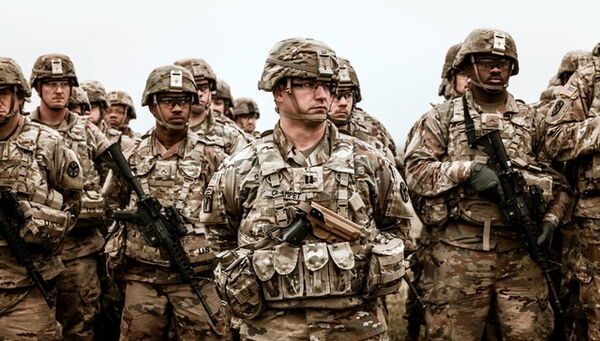
Initially, I had no intention of joining the military. However, right before I graduated High School, Lee Iacocca announced that Chrysler was bankrupt. There was no place in Michigan where the impact of this wasn’t felt. I lost my job in a furniture factory and was unable to find one, even at McDonalds. After a fruitless day of job hunting, an Army recruiter asked if he could talk to me.
I signed up for the Army National Guard in hopes that after basic and AIT, the job market would become better. During my time in basic, I began to understand what the military was and how it served the nation. I fully intended to stay in the military, so after two months in the Guard, I enlisted to become active duty. It is a decision I have never regretted.
Whether you were in the service for several years or as a career, please describe the direction or path you took. What was your reason for leaving?
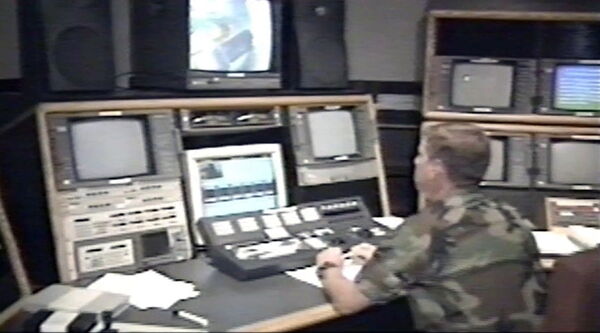
My initial duties in the Army were as a Radio Teletype Operator, which I truly enjoyed. I would have probably stayed in this field had the Army not combined MOSs (which they did regularly), which made my MOS critically overstrength, and I was unable to reenlist in my current MOS. Promotion was out of the question, so I used the opportunity to change to a new career field. I could be much more verbose about this question. Still, I am going to keep it simple. Anyone wanting more details can ask. As for why I left when the Army drew down after Bosnia, I was offered the option of retiring early with full benefits or reenlisting for 6 years. After discussing this with my wife and family, I decided to take the early retirement option.
If you participated in any military operations, including combat, humanitarian, and peacekeeping operations, please describe those that made a lasting impact on you and, if life-changing, in what way?
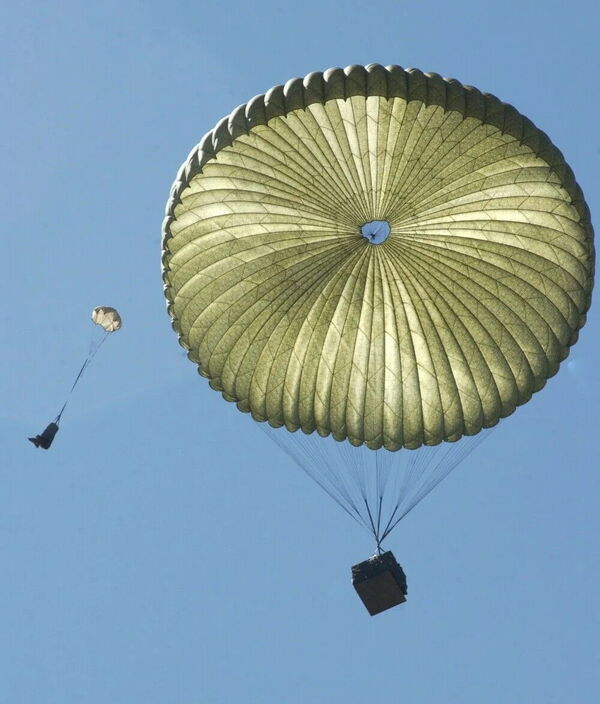
Because of my job, I got to ‘visit’ all of these types of military operations. The one that probably had the most profound effect was Operation Restore Democracy in Haiti. I had been to third-world countries before, and even behind the Iron Curtain, but I had never encountered this level of poverty, corruption, and despair before. Or since.
Although, as far as attitude-altering is concerned, my first trip to Bosnia probably fills the bill as life-changing. We were just dropping off humanitarian aid, and as we started to fly out, they started shooting at the plane. There is a very helpless feeling that envelopes you when you realize at any point they could hit something critical, and there is nothing you can do about it. It adjusted how I look at things and deal with stressful situations. Things usually come down to time or money and rarely at the cost of someone’s life. For years, my tagline in emails was, ‘It’s only money, not fingers.’
Did you encounter any situation during your military service when you believed there was a possibility you might not survive? if so, please describe what happened and what was the outcome.
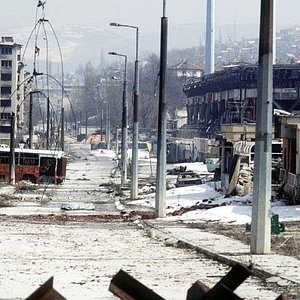
Yes. A couple of times in Bosnia. Once, when we traveled the Assassination Alley in Sarajevo, they were shooting at our vehicles, and once, when they were shooting at the C-130, we were flying into Tuzla. The outcome was they missed both times.
Of all your duty stations or assignments, which one do you have fondest memories of and why? Which was your least favorite?
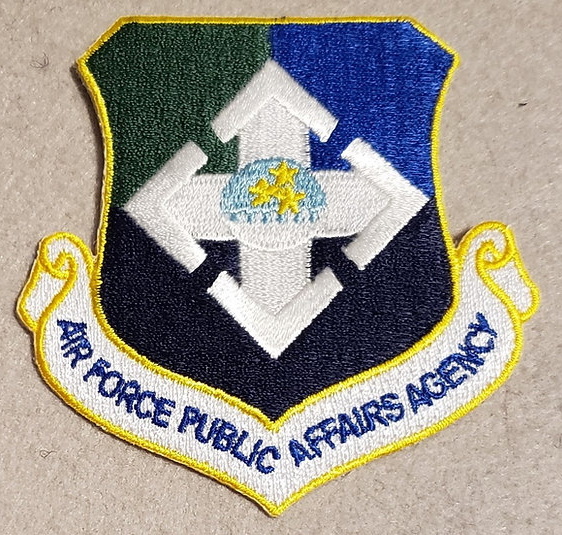
I have fond memories of most of my assignments. I would have to qualify as fondest in two categories: military memories and overall family memories. Family overall memories are topped by SHAPE, Belgium. There was the unique aspect of a truly international base with just enough US amenities to keep it from seeming completely foreign. For military memories, it would be Kelly AFB, TX. This may seem funny when you learn I spent close to half my time stationed here TDY somewhere else. But it was here that I had experiences like being in a fast attack submarine, riding on the skids of a helicopter over the Persian Gulf, being the nose gunner for a Hind-D, or sitting in the cockpit of a B-2 Bomber.
From your entire military service, describe any memories you still reflect back on to this day.
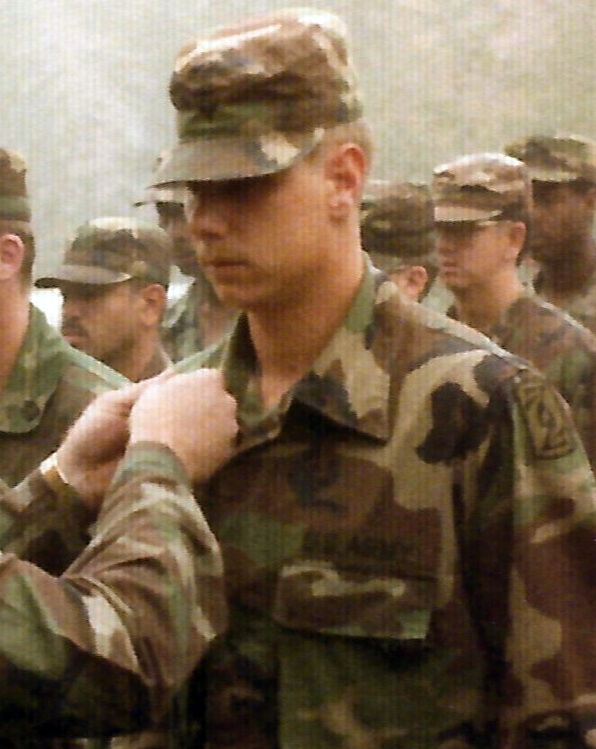
There are several memories I reflect on. There are stories that my kids have heard over and over again. From my first day in basic training until the day I boarded the plane in Seoul to become a civilian, my military career shaped who I am today. It is really amazing how often something that happens throughout a normal day will make you reflect back on when you were in the military. It happens all the time. That makes it hard to select a few memories that I reflect on because it really is situational.
One thing I reflect on a lot these days is the feeling of camaraderie that was shared. While I was in, there may have been jabs and jokes levied at other units or services, but it was never, ever, done with hostility. One thing you could count on, regardless of whether you were with a bunch of airmen, marines, sailors, or even coasties, was that you all pulled together when a mission was to be done. I think it is only when we no longer wear the uniforms that the ties that bind us wear the thinnest.
What professional achievements are you most proud of from your military career?
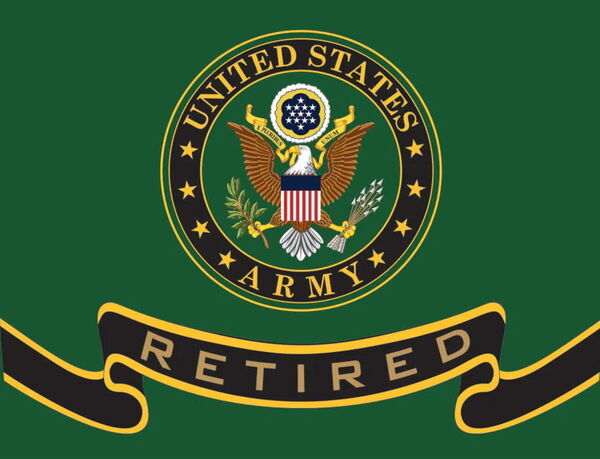
It’s probably not what you are looking for, but retiring knowing I served my country honorably is the professional achievement I am most proud of. It takes a lot to sign on the dotted line to serve your country and be willing to give the ultimate sacrifice should it come to that. Doing it multiple times until you have made a career out of it is also very special. Receiving those orders saying I was retiring after faithfully serving my country was one of the best achievements in my life.
Of all the medals, awards, formal presentations, qualification badges you received, or other memorabilia, which one is the most meaningful to you and why?
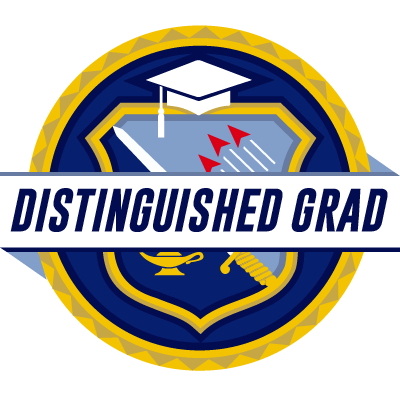
I have two that are meaningful. One was from the military, and one was from a civilian organization. While in the military, I attended PLDC in Augsburg, Germany, and was one of the few attendees in that class who was not from the combat arms. I was a signal soldier. At the end of the course, I received the Distinguished Graduate award as the class’s top graduate and gave the graduation speech. I do not have many of my military awards on display in my house, but that one has been displayed since I received it. The other award was the Ernie Award, given to the top Shoot ‘n Edit participant in the NPPA Video News workshop. I was the only military person in this group of participants and became the first military person to win the award.
Which individual(s) from your time in the military stand out as having the most positive impact on you and why?
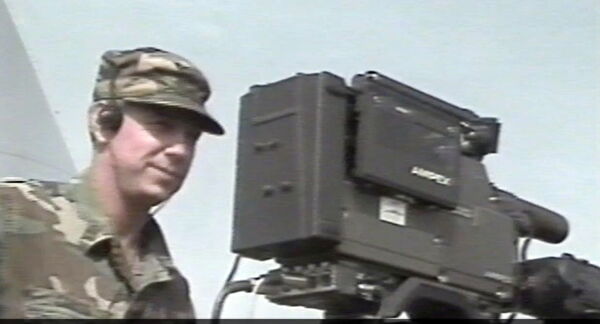
When I met him, he was Private Smith or Smitty. What I learned was that he had been SSG Smith before falling afoul of the UCMJ. I was also just a private; it was my first duty station after graduating from AIT as a Radio Teletype Operator (RATT). Smitty knew virtually everything about a RATT rig and could strip a shelter to its bare walls and reinstall everything. Rather than being disgruntled and just wanting to finish his time, Smitty took me under his wing and was determined to teach me everything he could. I’ll never forget the first day I arrived at the shop to see the entire contents of my rig strewn across the parking lot 2-hours later; I was making radio contact with the Brigade Headquarters and passing traffic. For the rest of my career, I tried to do as he had done and pass on everything I could to my fellow soldiers. I can only hope I at least partially lived up to the standards he presented.
List the names of old friends you served with, at which locations, and recount what you remember most about them. indicate those you are already in touch with and those you would like to make contact with.
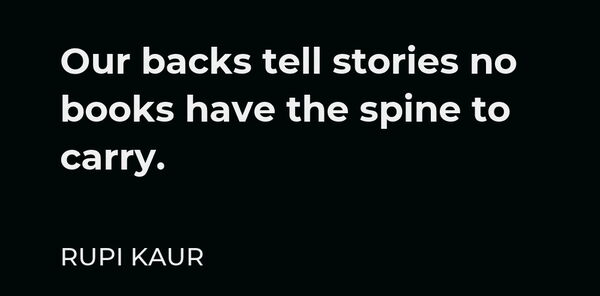
For personal reasons, I will not share this information in a public forum. Maybe I will change my mind later, but that is my decision for now.
Can you recount a particular incident from your service, which may or may not have been funny at the time, but still makes you laugh?
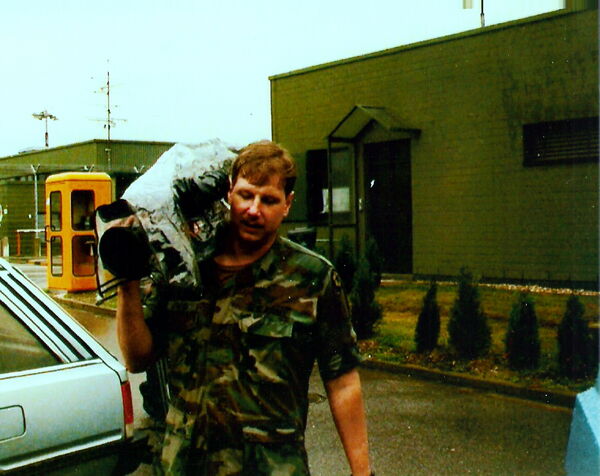
It was a trip to cover Operation Restore Democracy in Haiti. Because of timelines, we almost always flew civilians when covering a story. This was one time when that created an issue. The military transportation office made our flight reservations for trips, and we received an itinerary with confirmation numbers
that we showed whenever we checked in at the airport. That was a valuable piece of paper for multi-leg trips. For trips like this, once you check in at the airport, you only need it for the return trip.
Two of us were on this assignment, and our trip entailed a flight to Miami and then to Port-au,ince, Haiti. We had both been doing this for almost two years, so you pretty much did the airports on autopilot. I looked at your gate assignment and boarded early to miss the crowd. We were at the back of the airplane for the flight out of Miami, and it was only sparsely populated. Considering where we were going, this seemed normal. The airport in Haiti was under US Military control, so there probably weren’t many vacationers headed our way. It was also known that once you arrived in a tactical zone, you could not drink. So, we decided we would have a few on the flight in.
When we ordered our second drink, we learned things had gone awry. The steward brought us our beers, and as he handed me mine, he asked what our plans were for the Dominican Republic. Jokingly, I responded that we weren’t headed to the Dominican Republic; we were heading to Haiti. He got a puzzled look on his face and said he didn’t know you could get to Haiti from the Dominican Republic, and that was where we were headed. A little more concerned I asked if the flight was going to Port-au-Prince and he smiled and said, ‘Oh no, we’re going to Port-au-Plata.’. Right island, wrong side. The airport code for Haiti was PAP, and for the Dominican Republic POP, our travel office had gotten it wrong. Those were the tickets issued to us from that valuable piece of paper. We had no idea what would greet us when we arrived, but we knew it wouldn’t be the people we were expecting.
It was a decent walk from the plane to the stairs leading down to the baggage claim area. As we walked, my cohort and I tried to figure out how we would fix the situation. When we rounded the last corner to reach the top of the stairs, the sight that greeted us below quickly tattered any plans we may have had. In the middle of the floor was a pile of gear, our gear, and 11 uniformed men with Uzis forming a circle around the pile?almost deja vu from Turkey, if you know what I mean.
We descended the stairs and walked toward the group. One individual, a Major in the Dominican Republic military, we learned, stepped towards us and inquired if this was our equipment. I responded that it was, and he asked if we had permission to bring television equipment into the country. One thing I learned while being stationed at Hometown News is that many countries do not care if you bring weapons in, but professional television equipment is another thing. This was one of those times. We had 9mm handguns in the luggage, but it was a topic that was never even mentioned. Only the TV gear was in question. There was nothing else to do but try and explain that we were not supposed to be in the Dominican Republic, but in Haiti, I and our flights had gotten mixed up. This began an uncomfortable exchange. Please read it with an accent.

Major: So, you want me to believe that you are accidentally in my country, and this equipment is supposed to be with you in Haiti?
Me: Yes, sir, that is the situation.
Major: You do know that you cannot get to Haiti from here. So, again, why are you in my country?
Me: Sir, there was a mix-up with the flights. We were supposed to land in Port-au-Prince, not Port-au-Plata.
Major: So, you and your equipment got on the wrong plane and ended up in my country. You say you are going to Haiti. Which one of you speaks Creole?
Me: I’m sorry, sir, but neither one of us speaks Creole.
Major: So, you want me to believe you are in my country by mistake because you are supposed to be in Haiti, and neither of you speaks Creole. Which of you speaks Spanish?
As this is happening, the guards are getting a little more aggressive, and the situation seems to be getting worse by the minute.
Me: I’m sorry, sir, but neither one of us speaks Spanish.
Major: So, you want me to believe you are in my country by mistake because you are supposed to be in Haiti, and neither of you speaks Creole or Spanish. I am beginning to find it hard to believe your story.
My Cohort: The only Spanish I know was taught to me by a little mouse,e ‘Muy loco en la cabeza.’
There was a paus,e and for a minute,e I thought Mike had done us in for good. Then, this huge smile spread across the major’s face.
Major: SPEEDY GONZALES, oh, I love that mouse. Everyone, Speedy Gonzales.
He said something in Spanis,h and all the guards started laughing,g and the guns were lowered to be non-threatening. He turned to me and said we were under house arrest and he would see us in the morning. I asked if I could make a phone call and he said sure if I was willing to pay for it. We carried calling cards with us, so I didn’t see a problem. That is until I learned it wasn’t valid in the Dominican Republic. They did accept American Express, though, so I called the unit and explained the situation. He briefly talked with the major and then told me it would all be taken care of. We would fly back to Miami in the morning and then to Haiti immediately afterward.
After the call, we were escorted to a room with all our gear. The room was bare except for two beds and our equipment. They posted two guards outside, and everywhere we went?to the bathroom, shower, or to smoke a cigarette?an armed guard accompanied us. They wouldn’t even let us close the stall doors in the bathroom or pull the shower curtains closed. We really were under tight security.

The following day, we were taken to a dining hall that was completely empty except for the major and two more armed guards. He politely asked if we were hungry as a plate of food was placed in front of each of us. I recognized the eggs and bacon, but to this day, I am clueless about the ice cream-sized scoop of purple substance. I glanced at My Cohort, and he grinned and said that, under the circumstances, we needed to eat. I got a forkful of eggs and asked the major if he was joining us. He chuckled and said he had already eaten. In silence, we cleared our plates. I may not have known what it was, but it didn’t taste bad and obviously didn’t poison us.
The major had one last proposition for us. Apparently, his cousin had a plane that could take us to Haiti if we were ‘willing to pay for displaced cargo.’. Of course, we both said no, which he accepted with a grin. I’m fairly sure this would not have been exactly a legal crossing, and we would have still needed to make it to Port-au-Prince. There was no way we were taking that chance. With the decision made, he snapped a command to the guards, and we were taken back to the vehicle and driven directly to the airport. The guards stayed with us as we checked our gear, cleared security, and walked with us all the way to the door of the aircraft. As we stepped onto the plane, they turned and left without a word. My one and only trip to the Dominican Republic had ended unceremoniously.
It was a quick turnaround in Miami because, thankfully, they checked our gear all the way to Haiti.
What profession did you follow after your military service and what are you doing now? if you are currently serving, what is your present occupational specialty?
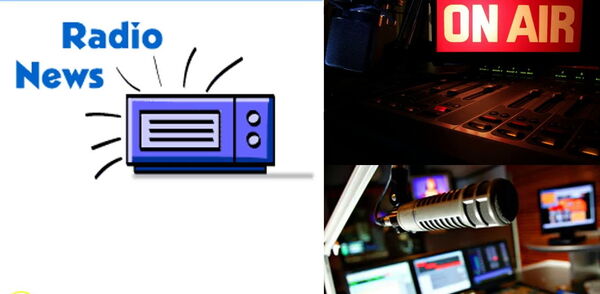
When I left the military, I initially went into radio news. I quickly learned that for many stations, the coverage leans heavily in the direction of the station’s owner. So, after a short stint, I went to work as a network technician for a University Videoconferencing system. I did videoconferencing for over 15 years, then moved on to manage the University’s main campus VoIP phone system, which is what I am currently doing.
What military associations are you a member of, if any? what specific benefits do you derive from your memberships?
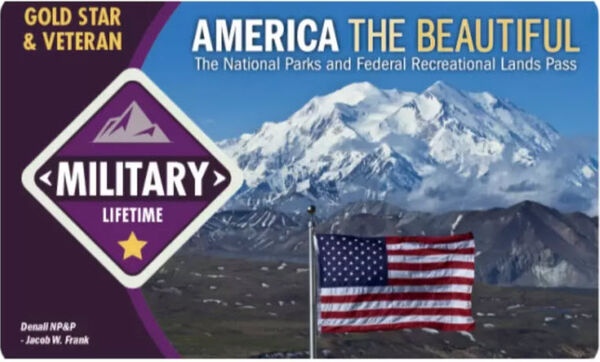
Outside of simply being a retired service member, I am not a part of any military associations. I am not near any military bases and have not joined either the VFW or American Legion since I retired from the military. I have thought about joining once I fully retire from my current job, but I haven’t got there yet. The non-military benefits I use the most are the lifetime state park pass for Washington, Oregon, and the Federal Parks Pass that I have.
In what ways has serving in the military influenced the way you have approached your life and your career? what do you miss most about your time in the service?
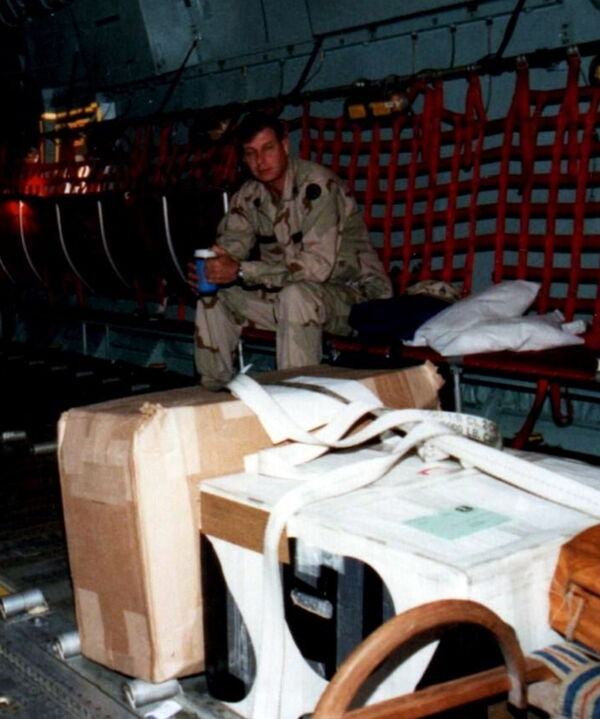
Several things about my military career have affected me in my day-to-day life. I still make my bed first thing in the morning. I still have a military haircut, although it can get just outside of regulations before it starts to bother me. If I am five minutes early to something, I am late (this drives my family nuts still). I eat faster than just about everyone I know. When I walk, I have my head up, and I generally walk at a quick-time pace. I am sure there are several more that my wife and family have seen over the years.
If I were to say what I miss most about my time in service, it would be knowing the expectations of the job, the appearance, and the demeanor. I still miss knowing what I was wearing to work every day without having to think about it. 🙂
Based on your own experiences, what advice would you give to those who have recently joined the army?
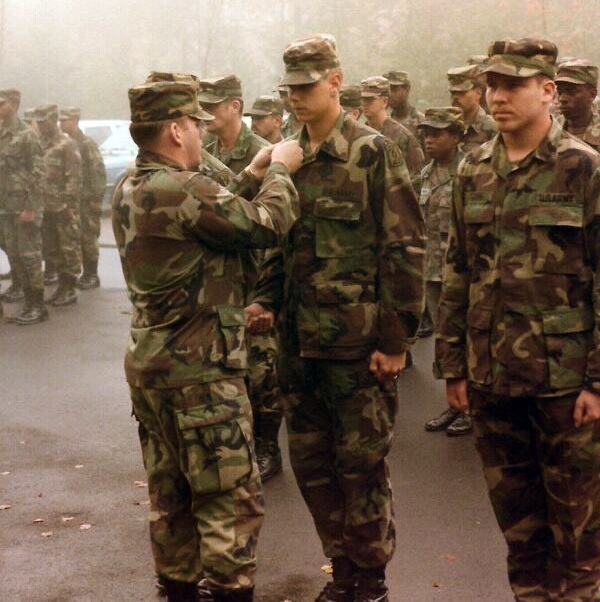
The Army’s mission is greater than that of any one individual. It is also not a democracy. For the Army to function at its highest level, people need to understand how to follow lawful orders without question. Not following orders can result in death.
In what ways has togetherweserved.com helped you remember your military service and the friends you served with.
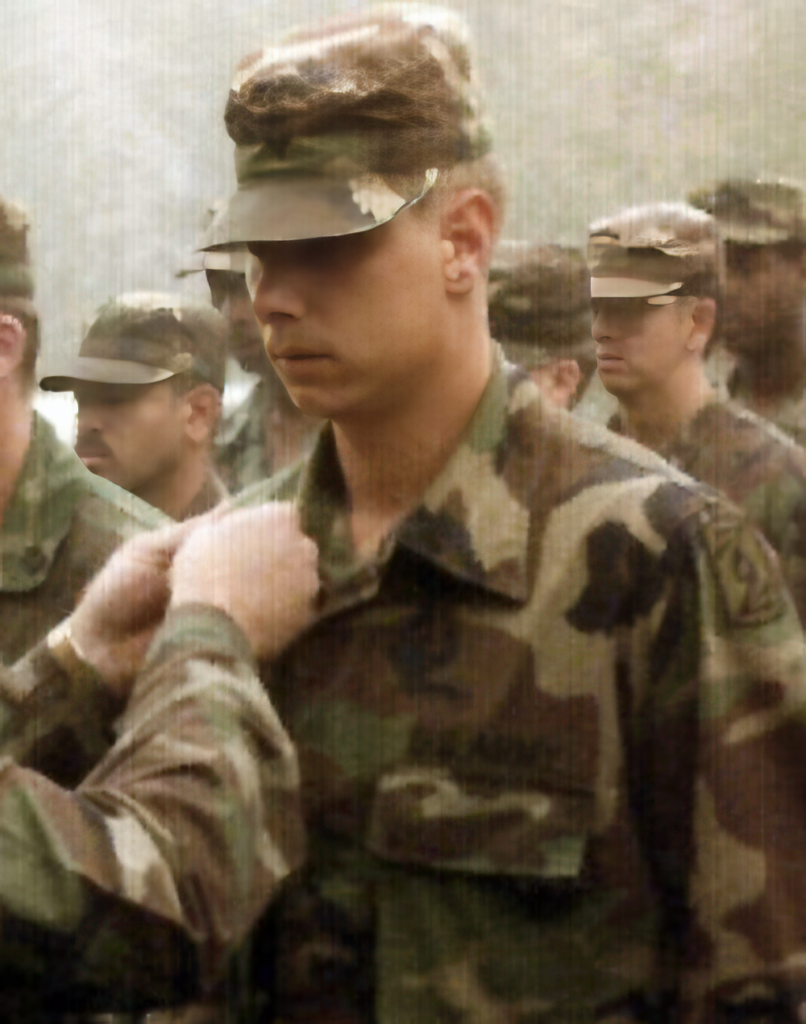
For me, TWS has helped me to remember why I joined the service in the first place. Unlike other jobs, this one truly was for the nation’s defense because your oath was to the Constitution and not a person or entity. It helps remind me that the Constitution covers everyone, not just those who think and feel the way I do. People need to remember that Americans come in every size, shape, color, political background, beliefs, faith, and so much more and that just because one sees things differently than you do doesn’t make them any less American.
KC 11.1.24
pages of this site.
PRESERVE YOUR OWN SERVICE MEMORIES!
Boot Camp, Units, Combat Operations
Join Togetherweserved.com to Create a Legacy of Your Service
U.S. Marine Corps, U.S. Navy, U.S. Air Force, U.S. Army, U.S. Coast Guard

0 Comments